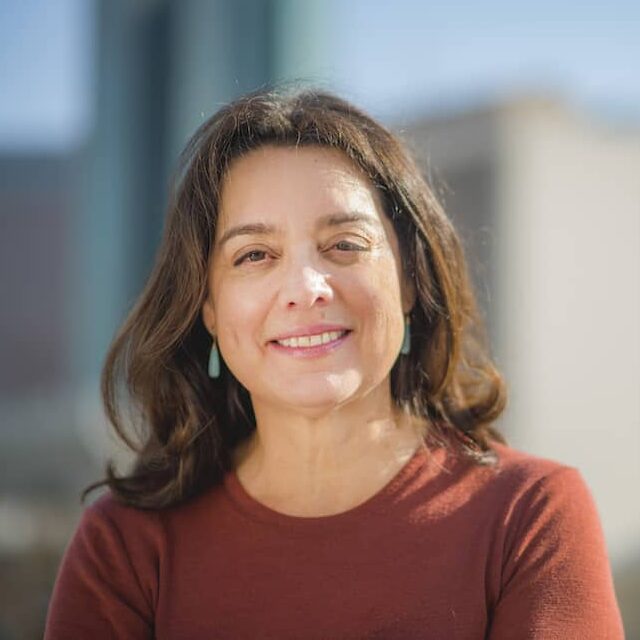Dear reader,
Our apologies for our recent radio silence. Our new project launch with COLab (the Colorado News Collaborative) has us gathering string and casting nets and mining veins, basically all the metaphors for digging into good journalism.
First, some good news. Susan has been selected as a 2020-2021 Rosalynn Carter Mental Health Journalism Fellow. Among the group of eight fellows selected, she was also chosen as the inaugural recipient of the Benjamin von Sternenfels Rosenthal Grant for Mental Health Investigative Journalism — a partnership between The Carter Center’s Mental Health Program and Reveal from the Center for Investigative Reporting (CIR).
Susan applied for the fellowship based in part on her pre-COLab reporting collaboration with the Rio Blanco Herald Times on the fatal police shooting of a mentally ill man. Among those in the community who recommended her for the fellowship was the police officer who pulled the trigger. That tells you a lot about Susan’s work and why the selection committee was so impressed.
As the committee said of the eight new fellows: “Each of you, your passion for mental health and your project have been bright lights in dark times.”
Now, more good news. Part of our early work with COLab is introducing ourselves to newsrooms around the state to find out how we might partner with them on bigger stories for which they could use more reporting power. Along with that, we are giving feedback and guidance to reporters who have reached out to talk about the stories they’re working on.
It’s just the early days, but this part of the work has introduced us to some up-and-coming reporters who are eager to dig deep and learn more, who have terrific ideas, who know there are blind spots in their coverage, and who want to bring to their readers stories that inform and illuminate and connect. And backing those reporters are editors who are encouraging their staffs to tap into our help — and not just because those editors are overworked (they are), but because, as one whose reporter we’re helping just told me: The more help he and his reporters can get “on a big story like this one, the better it’s going to be.”
This is the tough and hopeful thing: The COVID-19-related economic crisis is ransacking newsrooms — you’ve read Corey Hutchins’s Media column laying out the furloughs and layoffs and reduced print runs — but inside those struggling newsrooms are staffers who are working their butts off to keep their communities informed and empowered with that knowledge. These journalists, too, are bright lights. They are not giving up on their newsrooms or their readers — and their communities cannot give up on them.
Finally, in the last bit of juggling, Susan and I are doing our own reporting and are eyeball deep in court documents. That’s pretty much all I can say for now about our project. Stay tuned.
What questions do you have for us? To those who have asked, while we are now part of COLab, contributions to The Indy still come to us and are helping to pay for the journalism and the mentoring mentioned above. What was once an investment in our one news outlet is now helping us help other newsrooms. If that’s something you can put money behind, you’ll find the handy DONATE button below.
Sending you our best,

Tina
This post was sent as a letter to our email subscribers on July 16, 2020. Join our email list to learn more about COLab and the work we are doing.




